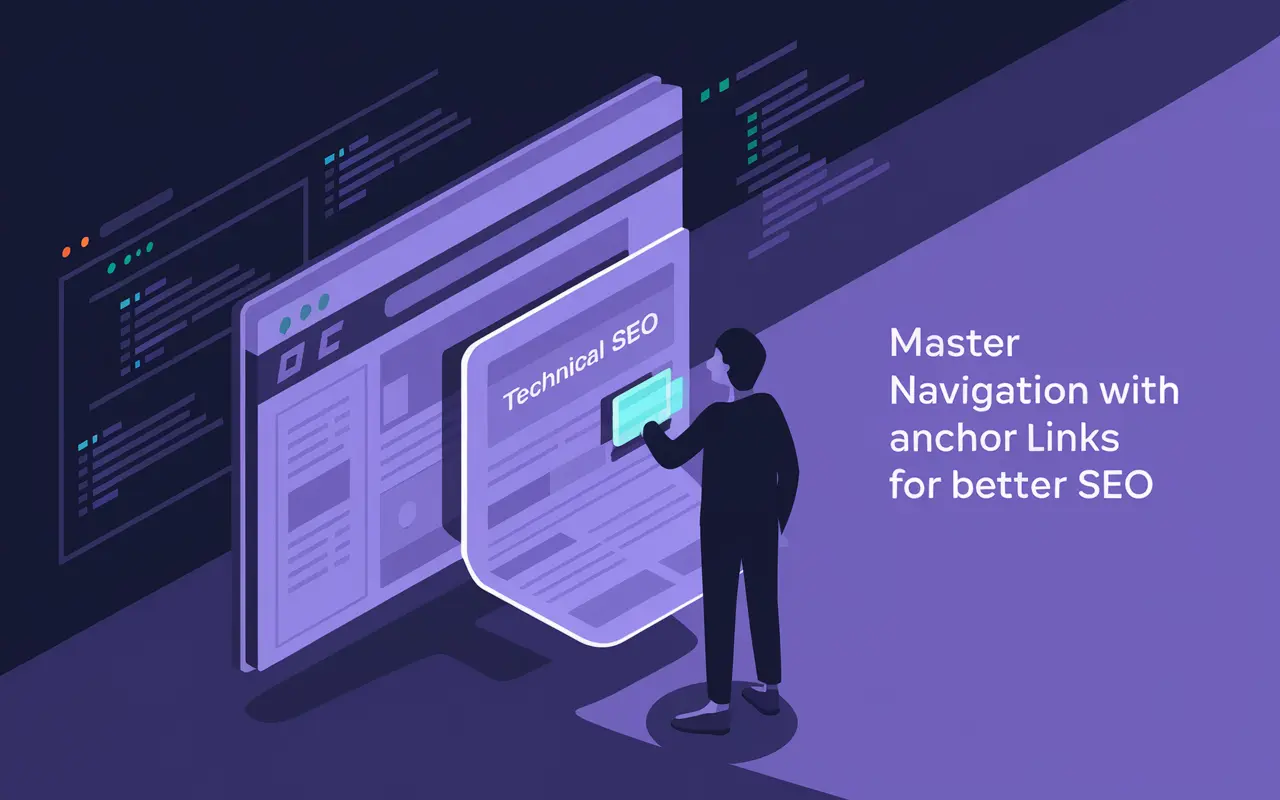How Effective Is Paying for SEO in 2025?
Are you wondering if investing in SEO is still a smart move in 2025?
With so many marketing options out there such as social media ads, PPC campaigns and influencer collaborations, it’s easy to question whether SEO is still worth the investment. But let me tell you this:
SEO is not just alive. It’s thriving, evolving and more essential than ever for businesses aiming for long-term growth.
The digital world is evolving rapidly, and businesses constantly question whether or not SEO is worth the investment. If you’re also one of them, you’ve come to the right place! In this blog, we’ll explore the value of paid SEO services in today’s competitive landscape, how it has evolved, and why it remains a powerful tool for growth.
Understanding SEO in 2025
SEO isn’t what it used to be a decade ago. Gone are the days of stuffing keywords and expecting amazing results. If you think sprinkling keywords in your content is enough, you’re in for a wake-up call. In 2025, SEO is all about creating a user-centric experience while keeping up with ever-evolving technology. And you know what is driving the revolution?
-
AI-Powered Search Engines
Search engines like Google now use AI models, such as MUM (Multitask Unified Model), to better understand context and intent. This means ranking depends more on the quality of your content than on outdated tactics like keyword stuffing. -
User Experience (UX)
Did you know that 88% of online users are less likely to return to a site after a bad experience? Search engines prioritize websites that load fast, work seamlessly on mobile devices, and offer intuitive navigation. -
The Voice Search Boom
With 71% of consumers preferring voice search for quick queries, optimizing for conversational keywords and natural language has become a necessity.
The key point is SEO is currently revolving around user satisfaction and technological adaptability.
Paying for SEO Is a Smart Investment
Is SEO expensive? Sure, it can be. Investing in SEO might seem costly upfront, but its value becomes clear when you understand the returns it can generate. And it’s literally worth every single penny. Let me break it down for you:
1. Return on Investment (ROI)
Recent research shows that businesses leveraging SEO see impressive returns, even up to 12.2 times their initial investment. Which often helps them outperform other digital marketing strategies. Some industries like real estate, report an increase in ROI as high as 1,389% over three years. Even for E-commerce, SEO-generated leads are 8x more likely to convert than outbound leads.
For every dollar spent, SEO can generate up to $12.20 in revenue, making it one of the most cost-effective digital marketing strategies. That’s because of SEO as it has the power to drive organic traffic, which is both consistent and cost-effective compared to paid advertising.
2. Long-Term Benefits
Think of SEO as planting a tree. It takes time to grow, but once it does, it provides shade for years. Paid advertising offers instant results but stops working the second your budget runs out. SEO, on the other hand, continues to deliver results over time. Once you’ve built authority and optimized your content, your website keeps attracting traffic with minimal additional investment.
3. Cost Efficiency Compared to Ads
A recent study showed that 53% of all website traffic comes from organic searches, while paid ads account for only 15%. This means while ads give short-term visibility, SEO delivers sustainable growth.
And besides this, SEO doesn’t just drive traffic. It also attracts qualified leads who are actively searching for your product or service. Which also boosts the conversion rates at your site without overspending.
Components of an Effective SEO Strategy
To get the best results, your SEO strategy needs to focus on these critical components:
- Quality Content
Content is still the king! But in 2025, it’s all about creating content that aligns with user intent. Content that answers user questions, offers solutions and educates your audience is considered of the most highest quality. Which is then ranked at the top of the SERPs by Google. So while writing SEO content, ask yourself:
- Does my content answer user questions?
- Is it engaging, informative and up-to-date?
- Long-form content (1,800+ words) tends to rank better.
- Visuals like videos and infographics improve user engagement by 94%.
- Technical Optimization
A well-optimized website is non-negotiable. Behind every high-ranking website is solid technical optimization. It optimizes mobile responsiveness and fast loading times also securing HTTPS protocols etc. And do you know why it matters most? because:
- Website speed: A 1-second delay in load time can reduce conversions by 7%.
- Mobile-first design: With over 70% of traffic coming from mobile, this is non-negotiable.
- Schema markup: Helps search engines understand your content better, improving click-through rates (CTR).
- Backlink Strategy
Google still considers backlinks one of its top three ranking factors. However, in 2025 it’s quality over quantity. Earning backlinks from reputable sites in your industry boosts both your authority and search visibility. When you focus on earning links from reputable sources, it also helps you to build trust among your audience.
SEO Insights for Different Industries
The effectiveness of SEO can vary depending on your industry. Different industries see varying levels of success with SEO. Here’s how it plays out in different industries:
- E-commerce: Optimizing product pages and leveraging user-generated reviews can skyrocket rankings. SEO drives organic traffic that often leads to direct sales.
- Local Businesses: Local SEO strategies such as Google My Business optimization help businesses appear in “near me” searches, which account for 46% of all Google searches.
- Healthcare: High-quality, informative content about health services builds trust and attracts consistent traffic.
For each industry, SEO generates different benefits. For instance, it can help them with:
- High-ROI Industries: Real estate, e-commerce, and healthcare are among the top sectors that consistently benefit from SEO.
- Tailored Strategies: Each industry has unique trends and customer behaviors. For example:
- Real estate sites need localized SEO to target specific regions.
- E-commerce platforms should focus on product page optimization.
How to Measure SEO Effectiveness
It’s not enough to invest in SEO, you also need to track its performance. Measuring your SEO’s performance ensures you’re on the right track. When you’re monitoring the effectiveness of your SEO efforts, you need to consider:
1. Key Metrics to Monitor
- Organic Traffic: Is your website attracting more visitors?
- Search Rankings: Are your target keywords climbing up the SERPs?
- Conversion Rates: How many of those visitors are turning into paying customers?
2. Recommended Tools
- Google Analytics: For tracking user behavior and conversions.
- SEMrush/Ahrefs: For monitoring keyword rankings and backlinks.
- Google Search Console: For identifying technical issues and indexing status.
Debunking Common Myths About Paid SEO
There’s a lot of misinformation out there about paid SEO services. Let’s clear up some common myths:
“SEO Works Overnight”
Reality: SEO is a long-term strategy where you can expect meaningful results in 4-6 months. While it takes time to show results, the outcomes are worth the wait.
“SEO Is a One-Time Thing”
Reality: Search engine algorithms constantly evolve, and so should your strategy. Regular updates and optimizations are essential for staying competitive.
“I Don’t Need SEO; My Ads Work Fine”
Reality: Although ads provide instant visibility, only SEO offers sustainable and cost-effective traffic that will help you in the long run.
Budgeting for SEO in 2025
SEO services can range from a few hundred to several thousand dollars monthly, depending on the scope. To make the most of your budget:
- Choose the right partner: Whether it’s an agency or an in-house team, ensure they have proven expertise.
- Prioritize your goals: Focus on strategies that align with your business objectives.
Remember, the cost of not investing in SEO could be far greater in lost opportunities.
Real-Life Example: Why SEO Works
Imagine this: A small e-commerce business invested $1,000/month in SEO. Within a year, they achieved a 200% increase in organic traffic, leading to a 150% boost in revenue. That is what the magic of a well-executed SEO strategy looks like.
Conclusion: Should You Pay for SEO in 2025?
Absolutely. While SEO requires patience and consistent effort, the long-term rewards are undeniable. It’s not just about rankings; it’s about driving meaningful traffic, building credibility, and achieving sustainable growth.
What’s Next?
Take a moment to assess your current digital strategy. Are you leveraging SEO to its full potential? If not, it’s high time to start your SEO journey. Investing in SEO today could be the key to staying ahead in tomorrow’s competitive market.







